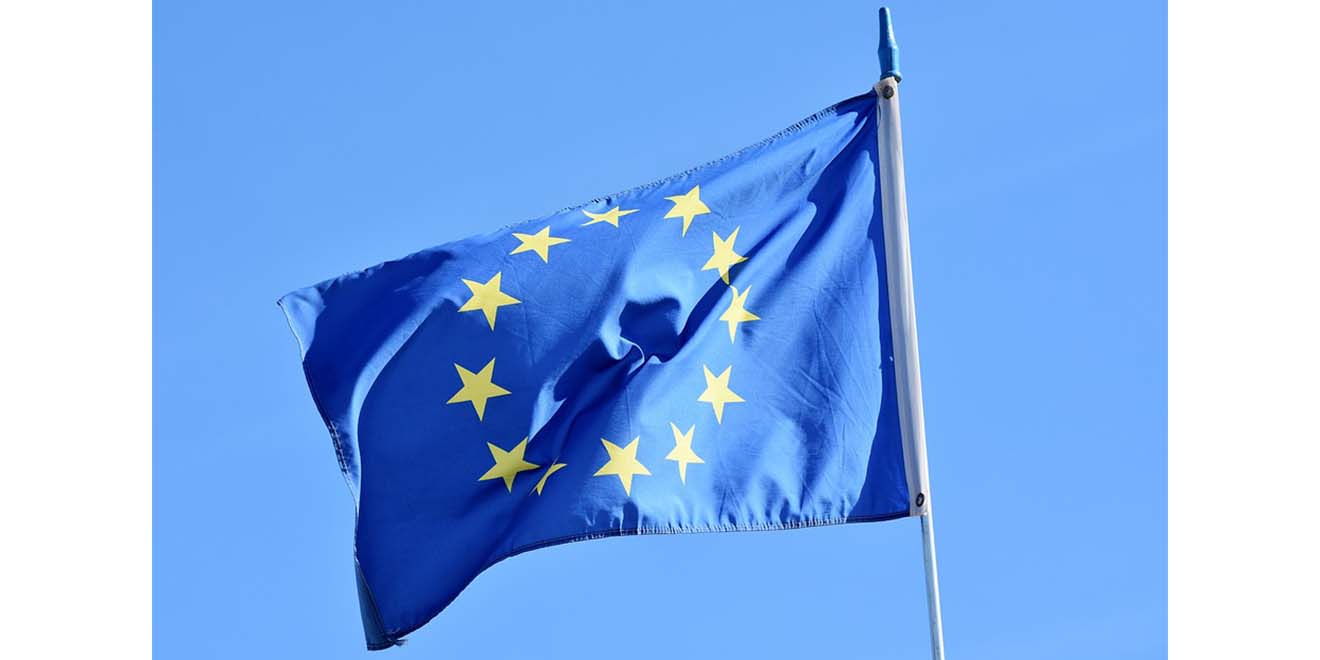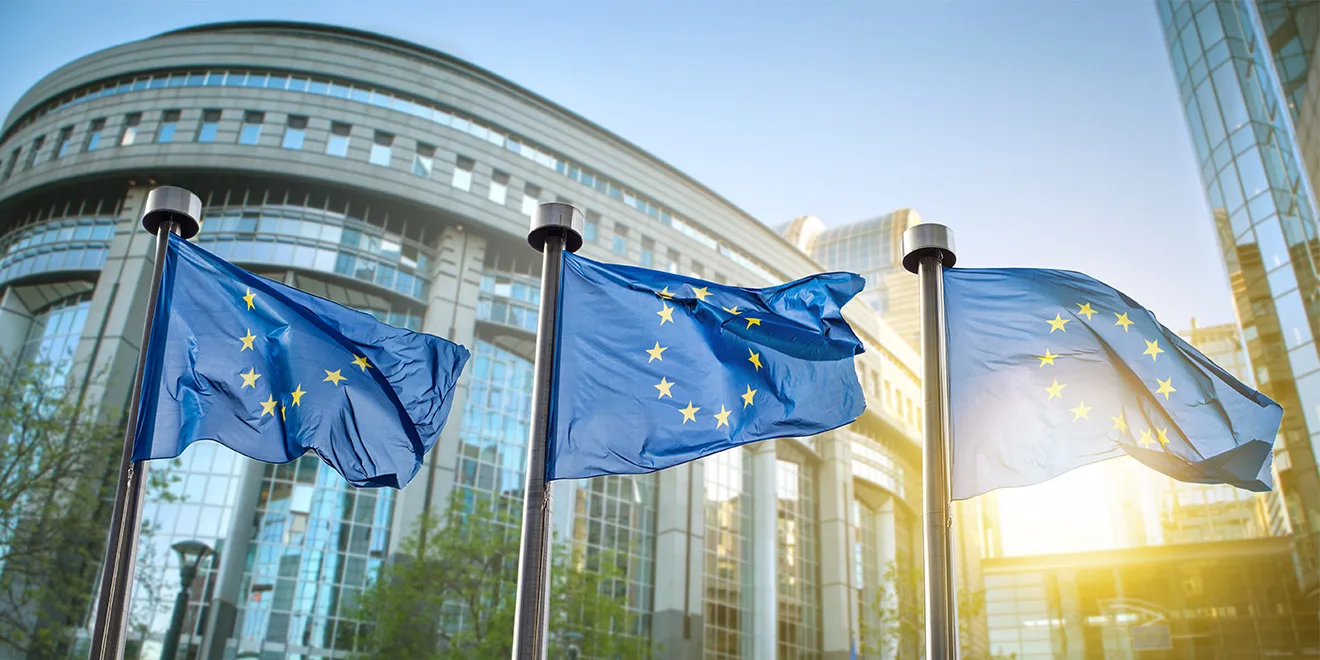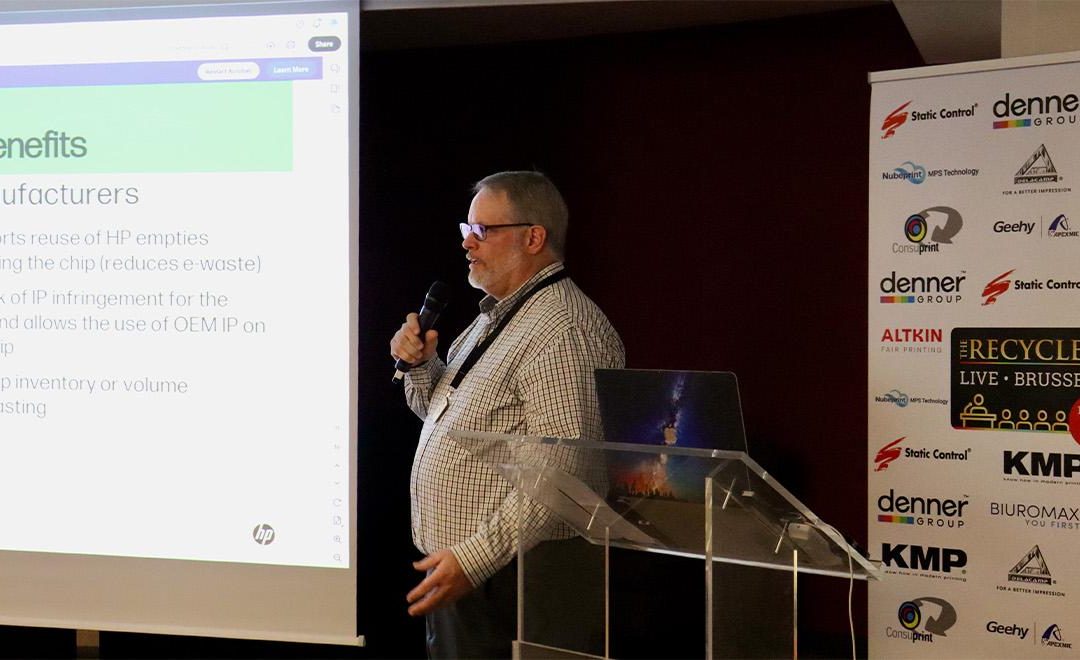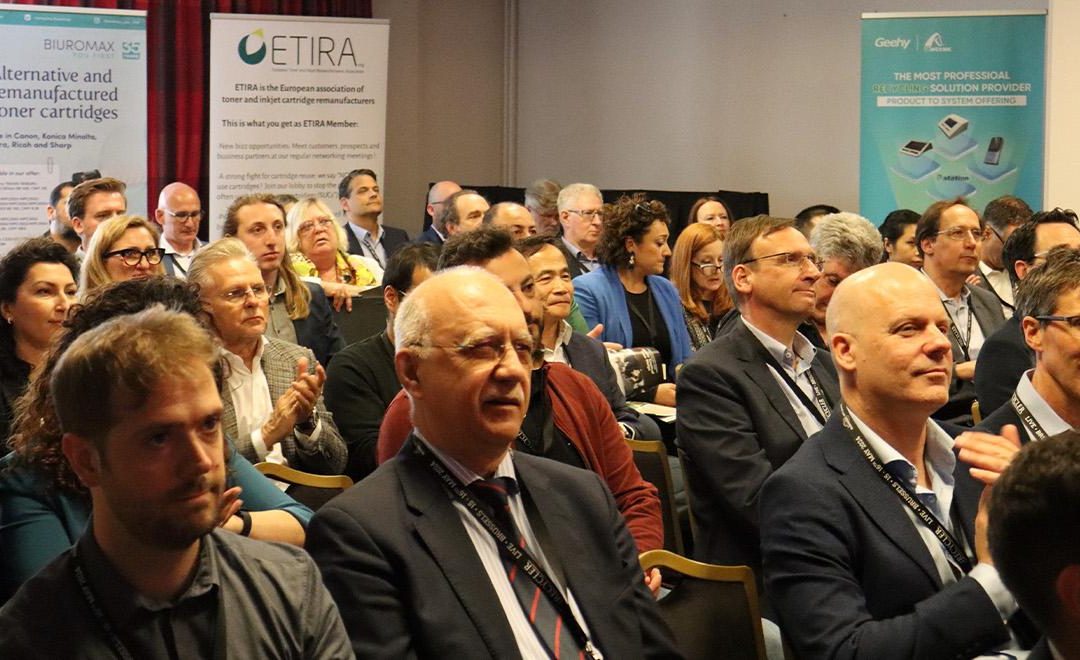 EU Parliament takes a strong stance against forced labour by proposing a ban on products tainted by exploitation within the EU and eliminating forced labour within EU supply chains, halting the imports and exports of such.
EU Parliament takes a strong stance against forced labour by proposing a ban on products tainted by exploitation within the EU and eliminating forced labour within EU supply chains, halting the imports and exports of such.
Last week, the Internal Market and International Trade Committees proposed a ban on products manufactured through forced labour within the European Union (EU). This legislation would lay the foundation for a comprehensive investigation framework aimed at rooting out the use of forced labour within the supply chains of companies operating in the EU.
Under this proposed regulation, if substantial evidence confirms a company’s complicity in forced labour practices, all imports and exports of related goods will be summarily halted at the EU’s borders. Furthermore, these companies must recall any goods already circulated within the EU market. These products will then undergo responsible disposal methods such as donation, recycling, or destruction, ensuring they do not perpetuate exploitation.
The Members of the European Parliament (MEPs) passed amendments to the Commission’s original proposal, introducing a shift in the burden of proof. Specifically, they have tasked the Commission with compiling a comprehensive list of geographical regions and economic sectors at a high risk of utilising forced labour.
For products originating from these high-risk areas, the onus of proving the absence of forced labour will no longer be placed on the authorities but squarely on the implicated companies themselves.
The committees have also underscored the significance of allowing withdrawn goods to re-enter the market only after a company demonstrates that it has ceased employing forced labour in its operations and supply chain while adequately addressing any related issues.
The MEPs have undertaken an effort to modernise and broaden the definitions incorporated within the legislation. Particularly noteworthy is the adjustment of the meaning of forced labour to align with the internationally recognised standards established by the International Labour Organization (ILO). The revised definition includes “all work or service exacted from any person under the menace of any penalty and for which the person has not voluntarily offered themselves.”
Co-rapporteur Samira Rafaela shared her perspective: “Forced labour constitutes a grave violation of human rights. The ban that we have voted for today will be pivotal in curbing the proliferation of products tainted by modern slavery and eliminating the economic incentives for companies to engage in forced labour practices. This legislation provides essential protection for whistle blowers, facilitates remedies for victims, and safeguards our businesses and small and medium-sized enterprises (SMEs) from unethical competition. Notably, our text also includes robust provisions regarding establishing a comprehensive database and exhibits gender-responsive considerations, all of which are key elements for ensuring a lasting impact.”
According to co-rapporteur Maria-Manuel Leitão-Marques, the global scale of forced labour is “Approximately 27.6 million workers worldwide suffer from forced labour, which is a form of modern slavery.”
The draft report secured overwhelming support from the committees, amassing 66 votes in favour, with no opposing votes and ten abstentions. The next phase involves the plenary confirming it as the European Parliament’s negotiating mandate. Following this, negotiations can commence once the EU Council finalises its position, marking the next step toward shaping the definitive version of the regulation.








